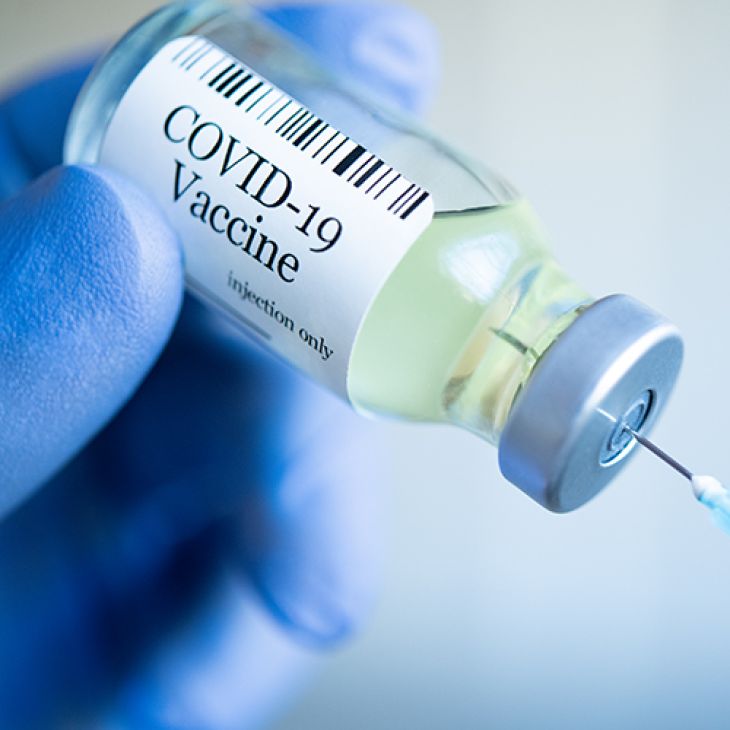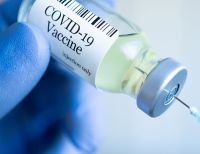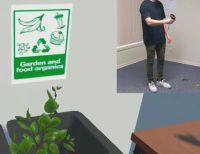06 September 2024
They’re tiny drug-delivery systems 1000 times smaller than a human hair, but while nanomedicines have long been hailed as the future for treating debilitating and life-threatening diseases, their journey from lab to patient has many challenges.
Now, new findings from a global team of expert scientists in academia and industry has generated world-first research quality standards that will help slash costs and reduce the time it takes to develop advanced nanomedicine treatments and make them available for patients.
Published in Nature Nanotechnology today, and led by the University of South Australia’s Dr Paul Joyce and the University Medical Centre Groningen’s Prof Hélder Santos, the DELIVER guidelines present early-stage recommendations for nanomedicine development during design, experiment, manufacturing, preclinical, clinical, regulatory, and business phases, so as to maximise the chance of clinical translation.
UniSA researcher, Dr Paul Joyce, says that recent successes in chemotherapy and vaccine-based nanomedicines could redefine what's possible in-patient care.
“We only need to think of the recent COVID-19 pandemic to realise the acute value of nanomedicines: more than two thirds of the global population received an mRNA vaccine to immunise against coronavirus, which was made possible by lipid nanoparticles,” Dr Joyce says.
“But while nanomedicines clearly represent a paradigm shift in healthcare, few have been translated to the clinic in relation to the amount of research that has been undertaken, and this has to change.
“Our research steps out the core principles that must be met to ensure nanomedicines can successfully overcome translational hurdles, helping researchers, clinicians, and regulatory bodies better manoeuvre through key steps and processes to avoid delays and enable faster clinical delivery.
“Adherence to this framework could see a boom in the successful development of new nanomedicines for a range of diseases, setting the stage for a new era of medical innovation.”
Prof Hélder Santos says that the new framework will transform the clinical delivery of nanomedicine.
“By addressing the key hurdles early on, the DELIVER approach can lead to the next generation of personalised therapies that are tailored to individual patients, offering new hope to those desperately in need.”
Notes for editors:
The article is available here: P Joyce, CJ Allen, MJ Alonso, M Ashford, MS Bradbury, M Germain, M Kavallaris, R Langer, T Lammers, MT Peracchia, A Popat, CA Prestidge, CJF Rijcken, B Sarmento, RB Schmid, A Schroeder, S Santhni, CR Thorn, KA Whitehead, CX Zhao, HA Santos. A Translational Framework to DELIVER Nanomedicines to the Clinic. Nature Nanotechnology 2024, Doi: 10.1038/s41565-024-01754-7.
The expert team behind the work:

…………………………………………………………………………………………………………………………
Contact for interview: Dr Paul Joyce E: [email protected]
Media contact: Annabel Mansfield M: +61 479 182 489 E: [email protected]
















